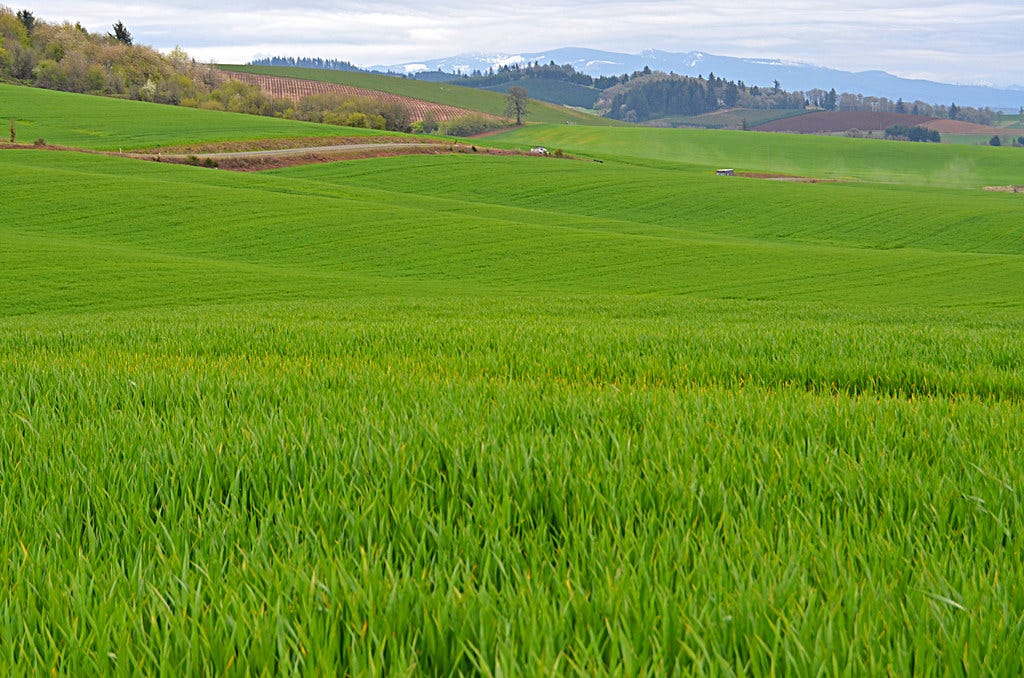Campaigns are always a time for big plans, bold ideas, and pie-in-the-sky promises. The likelihood of any of those moonshots coming to fruition, though, is pretty small. Governing is a heck of a lot tougher than dialing for dollars and issuing press releases about new policy ideas.
Change tends not to happen under a single governor nor from just one bill. Candidates who want to bring about truly long-lasting improvements need to think about what seeds they will sow rather than what trees they can try to transplant. In other words, one-off political wins aren’t likely to become core parts of what makes Oregon a better place to call home — the actions that do set the state up for success will be more humble, more regular, and less prescribed.

Rather than try to predict in policy what Oregonians will need decades from now, candidates should consider what they can contribute to Oregon’s problem-solving capacity. One example to study and borrow comes from Iowa. Since 2016, The Gazette has sponsored the Iowa Ideas festival. It’s free to all residents and creates a space for people of all political persuasions to come together to share solutions to whichever problems are more pressing. The result is a stronger democracy in the state — one that’s more resilient, inclusive, and responsive. There are, of course, limits to what any one conference can accomplish but this sort of event can kick start a whole series of similar crowdsourcing activities that bring policy-making closer to the people.
Candidates should also study what they can do to empower other elected officials. This, again, isn’t likely to be an idea plastered on a campaign website, but it’s a powerful way to make the state’s democracy better suited for the challenges that aren’t even on our radar. Local leaders, such as county and city officials, deserve the skills, training, and resources to step up when their community needs local solutions.
Investing in the capacity of our local officials will help tie residents to their democracy and to support policies that may require their collective action. Oregon has no shortage of mayors who, if empowered, would use their additional support to achieve a whole lot of good. Imagine what someone like Ashley Sullivan in Enterprise could do if she had a little more encouragement from Salem to test out new policy ideas, expand proven programs, and upskill her team at the City. Leaders like Mayor Sullivan are in every corner of Oregon, the next governor should partner with those mayors and local officials to begin the slow and steady process of weaving a tighter democratic community.
Finally, the next governor should think about what institutional changes in Salem could make the state government function better for decades down the road. What, for example, could be done to improve the caliber of State employees? How can we recruit and retain the best and brightest people to come work in our government? What changes can be made to improve how we monitor policies and analyze the value of specific administrative programs? Few voters will find these details especially exciting, but they’re the kind of projects that can actually improve how the government functions and solves problems.
Don’t get too hung up on which candidate promises the biggest, boldest things. In fact, you and the rest of the state might be better off supporting the candidate humble enough to settle for sowing seeds that will improve our democracy.



